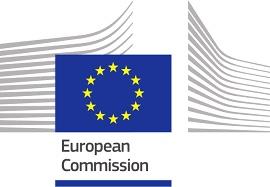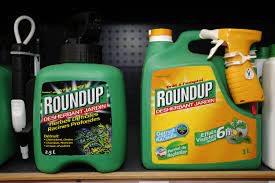 A draft regulation has been circulated to member states that if approved would extend the use of glyphosate for an additional ten years. Member states opposed to this action have the opportunity to amend or block proposed regulations in October as the vote by the Standing Committee on Plants, Animals, Food and Feed.
A draft regulation has been circulated to member states that if approved would extend the use of glyphosate for an additional ten years. Member states opposed to this action have the opportunity to amend or block proposed regulations in October as the vote by the Standing Committee on Plants, Animals, Food and Feed.
The European Commission decision on glyphosate is based on an intensive review of the risks and safety of the compound which is the most widely used agricultural herbicide. The E.U. Food Safety Authority notes that there are some deficiencies in literature relating to the possible toxicity or mutagenicity of glyphosate but this is common to all compounds.

Stefan de Keersmaecker a spokesperson for the European Commission noted that the proposal to extend the registration of glyphosate was “based on scientific, solid information considering different active substances involved.” In commenting on the apparent deficiencies in the literature, the Commission spokesperson stated that “the issues in question do not constitute a risk to human health or the environment.”
In all probability the registration of glyphosate will go forward but possibly with certain conditions or restrictions to satisfy those opposed to the proposed extension. Continued use of glyphosate in the E.U. will be a prerequisite for adoption of GM cultivars that will enhance yield and effectively contribute to sustainability. The E.U. does not currently allow propagation of GM varieties but imports GM corn and soybeans for animal feed, industrial and human food requirements.
EGG-NEWS has reported on opposition to glyphosate commencing with the contentious IARC report that glyphosate was potentially carcinogenic. (Enter ‘Glyphosate’in SEARCH block). The IARC document was subsequently criticized by environmental toxicologists affiliated to industry and academia. The principal author had an undisclosed conflict of interest since he was serving as an expert witness for attorneys representing plaintiffs claiming lymphoma from contact with the compound. The FDA conducted epidemiologic evaluation among farm workers without ascertaining that there was any statistical correlation between exposure and any form of cancer.
Extension of the registration of glyphosate in the E.U. would in large measure invalidate the claims by the government of Mexico regarding the compound and by corollary their intent to ban importation of GM corn.